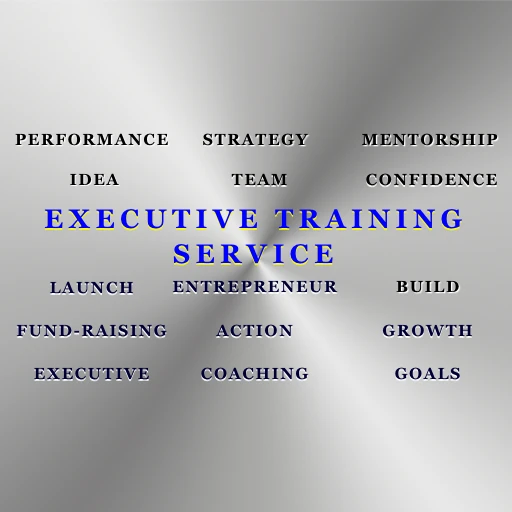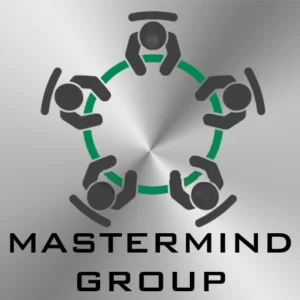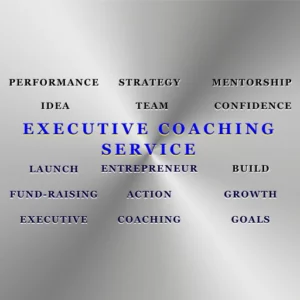EXECUTIVE TRAINING SERVICE
In the fast-paced and complex landscape of the business world, the role of executives is pivotal in steering organizations toward success. Executive training services have emerged as a strategic initiative designed to enhance individuals’ skills, knowledge, and leadership capabilities in executive roles. I tailor your program to address the unique challenges and demands faced by executives, fostering their professional development and contributing to the organization’s overall success. In this article, we will explore the critical components of executive training services, their benefits, and how they play a crucial role in elevating leadership competence.
In the fast-paced and complex landscape of the business world, the role of executives is pivotal in steering organizations toward success. Executive training services have emerged as a strategic initiative designed to enhance individuals’ skills, knowledge, and leadership capabilities in executive roles. I tailor your program to address the unique challenges and demands faced by executives, fostering their professional development and contributing to the organization’s overall success. In this article, we will explore the critical components of executive training services, their benefits, and how they play a crucial role in elevating leadership competence.
Understanding Executive Training Services
Executive training services are structured programs to develop the skills, competencies, and strategic thinking of individuals in executive or leadership positions within an organization. These programs go beyond traditional training and development initiatives, focusing specifically on the unique challenges and responsibilities of executive leadership. Executive training services encompass a variety of learning methodologies, including workshops, seminars, coaching, and experiential learning, to equip executives with the tools they need to excel in their roles.
Critical Components of Executive Training Services
1. Leadership Development
Leadership development is a core component of executive training services. I design my programs to enhance leadership skills, including strategic thinking, decision-making, communication, and the ability to inspire and motivate teams. Leadership development helps executives navigate the complexities of their roles with confidence and effectiveness.
2. Strategic Thinking and Decision-Making
Executives are often required to make critical decisions that impact the direction and success of the organization. Executive training services focus on honing strategic thinking skills and decision-making processes. Strategic thinking includes analyzing complex situations, weighing risks, and making informed decisions aligned with organizational goals.
3. Communication and Interpersonal Skills




